Good design principles in coding is a set of guidelines and best practices that aim to produce high-quality, maintainable, and scalable software. These principles aim to make code more readable, understandable, and efficient. Some common design principles include:
Simplicity: Code should be simple and straightforward, avoiding complexity and unnecessary abstractions.
Functionality: Code should be focused on solving specific problems and should be written to fulfill specific requirements.
Usability: Code should be written with the end-user in mind, taking into consideration ease of use, accessibility, and consistency.
Reusability: Code should be written in such a way that it can be easily reused in different parts of the application or in other projects.
Scalability: Code should be designed to handle increasing loads and changing requirements.
Modularity: Code should be organized into smaller, self-contained units that can be combined in different ways to build the larger application.
Maintainability: Code should be written in such a way that it can be easily understood, updated, and maintained.
Flexibility: Code should be written in such a way that it can be adapted to changing requirements without requiring extensive rework.
Testability: Code should be written in such a way that it can be easily tested and validated.
By following these design principles, developers can create code that is more efficient, maintainable, and scalable, making it easier to build and maintain applications over time.
Bài viết khác
Kỹ thuật Return First, Early Returning
Return First, Early Returning? Return first / Early return: là phong cách viết hàm/khối lệnh mà trả về ngay (return) khi biết kết quả — đặc biệt là khi gặp điều kiện bất thường hoặc lỗi — thay vì bọc toàn bộ logic chính trong các khối if/else lớn. ==> Làm cho luồng chính (happy path) […]
Build for global scale: AFK scale cube and basic rule to build an application for global scale
REF https://akfpartners.com/growth-blog/scale-cube
Clean code in writing Go program
When writing code in Go, it is important to follow good coding practices to ensure that your code is clean, maintainable, and scalable. Here are some clean code and clean architecture practices to follow: Go coding style: Follow the official Go coding style guide, which includes recommendations for naming conventions, formatting, and documentation. Consistent coding […]
Interfaces in Go and best practice
Interfaces in Go are a set of methods that defines a behavior. A type can implement an interface by defining methods with the same signatures as the methods defined in the interface. This allows for a form of polymorphism in Go, where a single function or method can operate on values of different types, as […]
Basic concepts of Protocol-Oriented Programming (POP) in swift and ios developer
Protocol-Oriented Programming (POP) is a programming paradigm introduced in Swift that emphasizes the use of protocols as a way to define and enforce common behavior for multiple types. POP is a powerful tool for designing and organizing code, and can be used to achieve many of the same goals as object-oriented programming, but with greater […]
Functional Reactive Programming (FRP) and Imperative Programming :which one to use?
the big idea about Functional Reactive Programming (FRP) and Imperative Programming : which one to use? The choice between using Functional Reactive Programming (FRP) and Imperative Programming often depends on the particular problem being solved and the specific requirements of the project. Here are some general guidelines for when to use FRP and when to […]


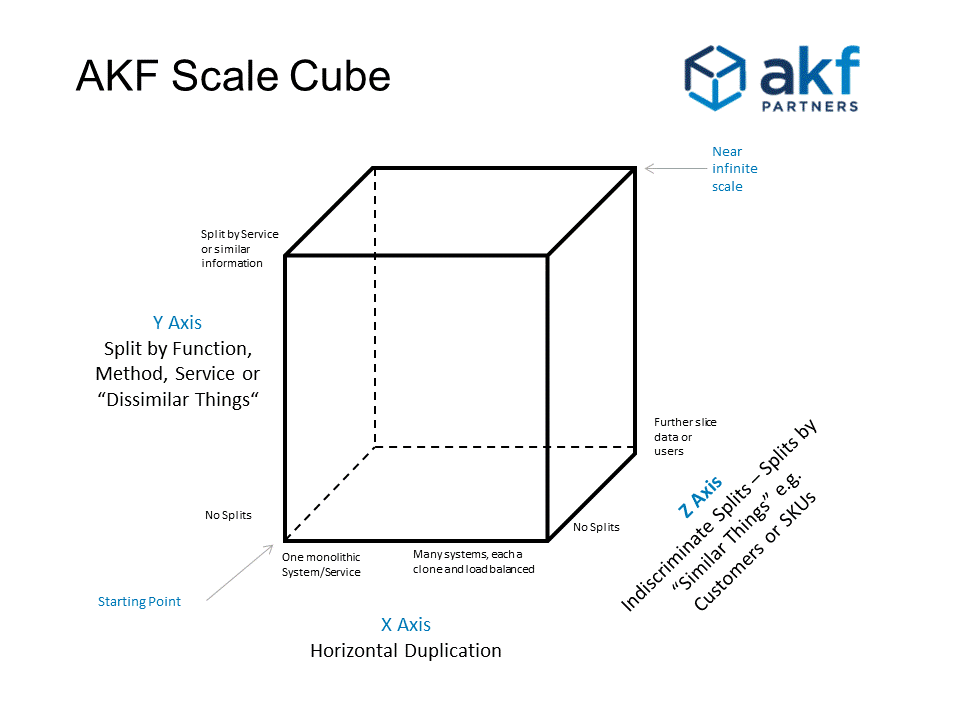
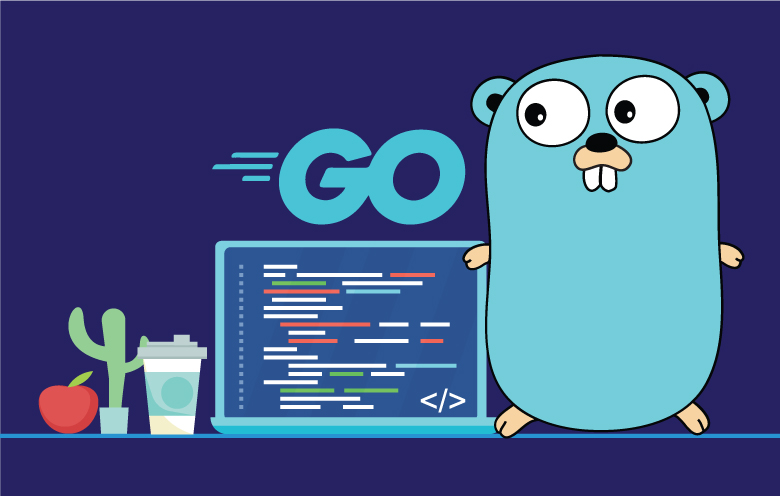
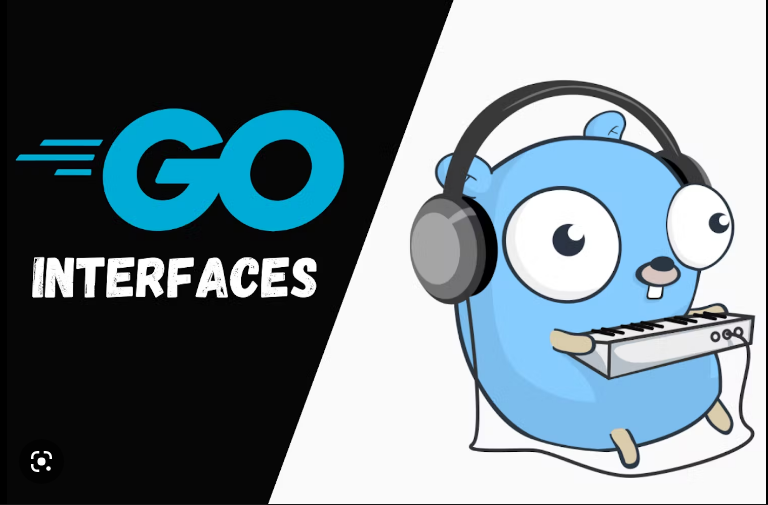
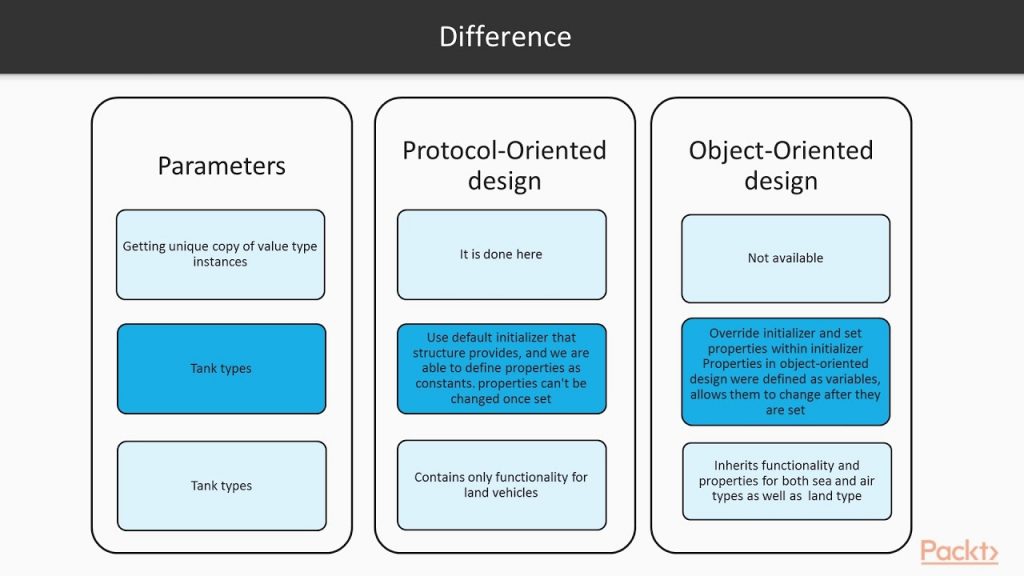
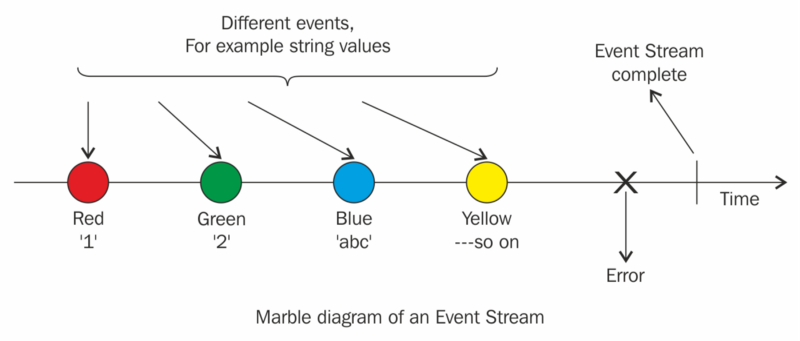
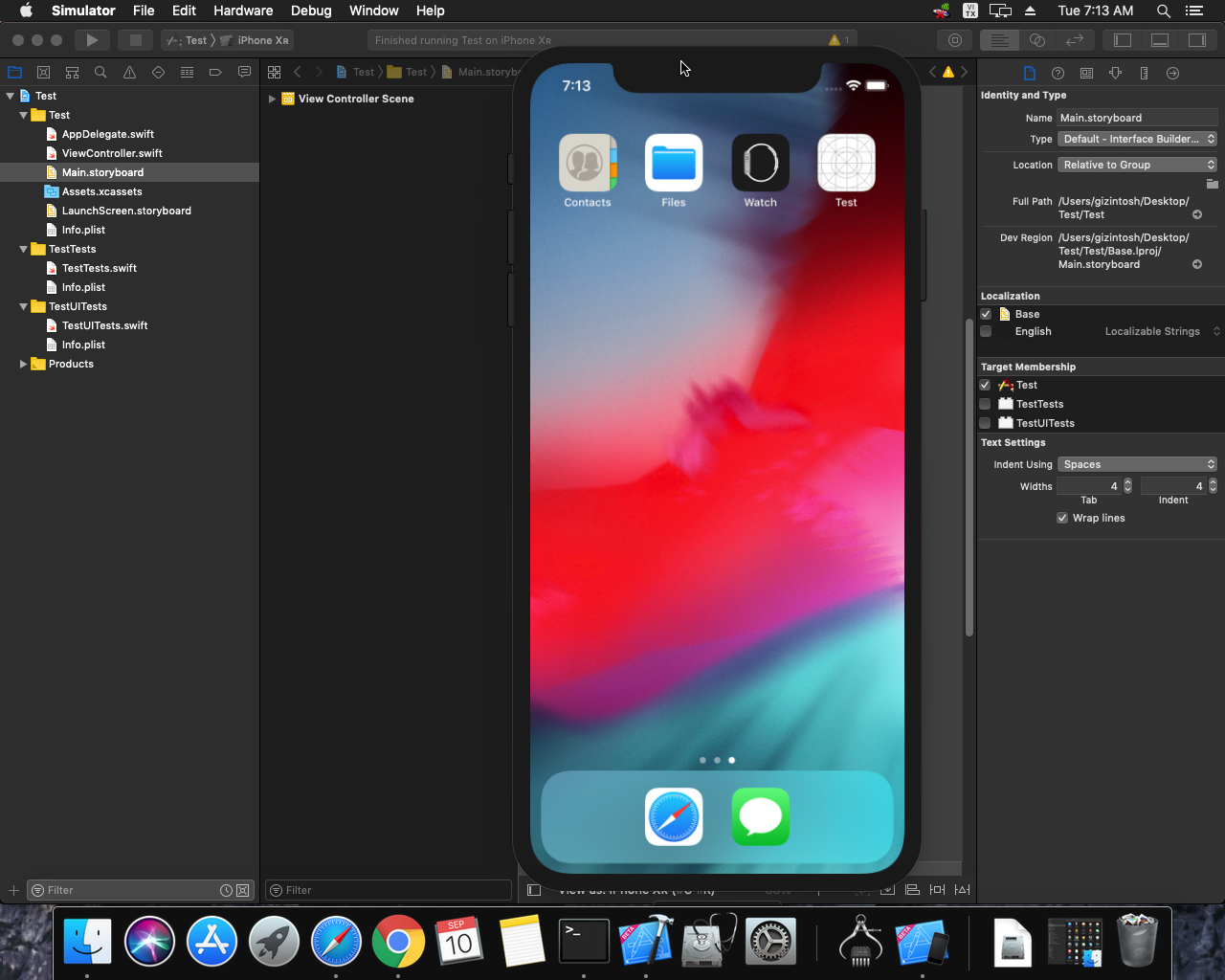
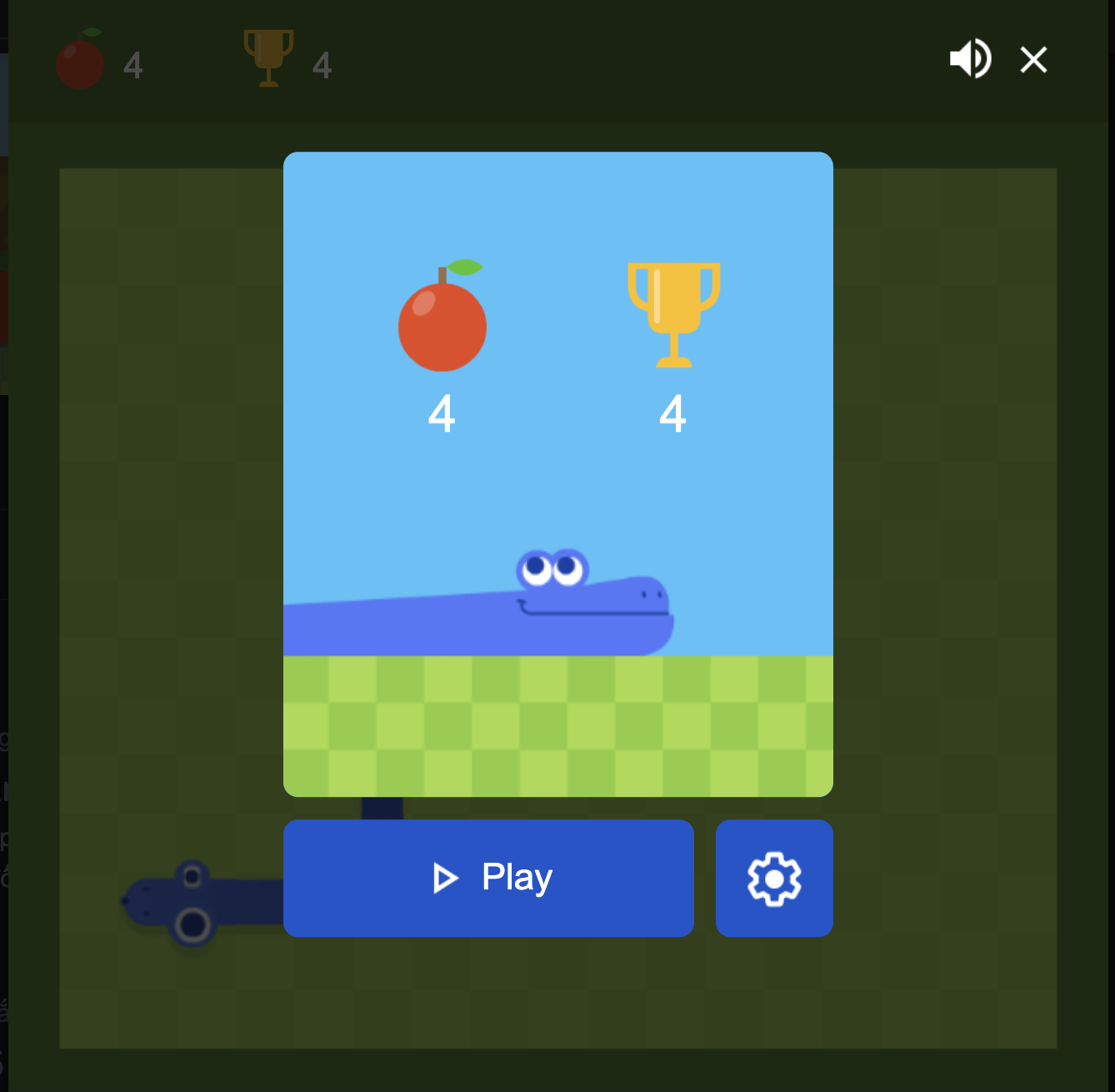 Khoá học lập trình game con rắn cho trẻ em
Khoá học lập trình game con rắn cho trẻ em 


